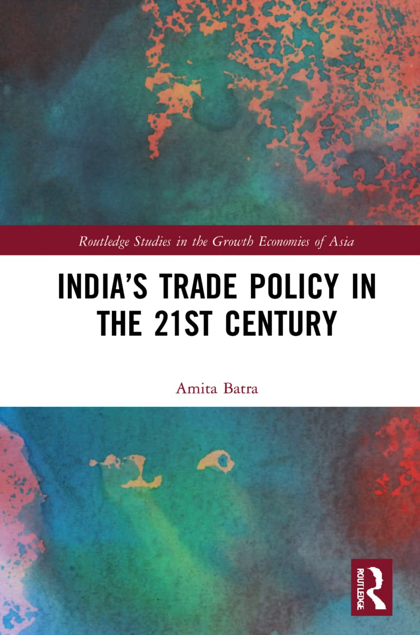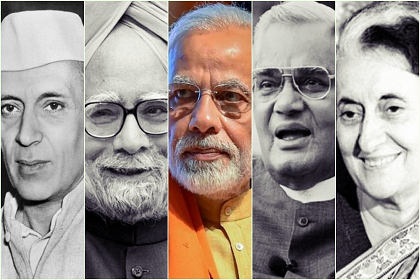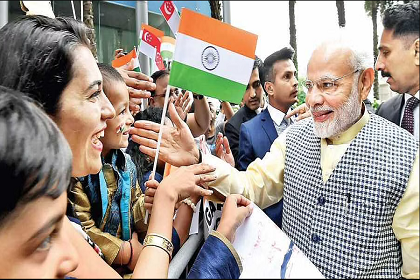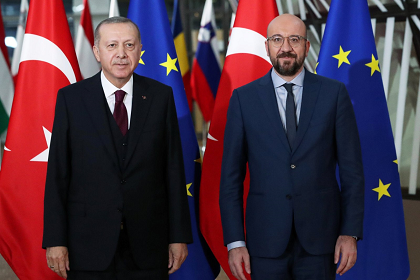Bombay’s Armenian legacy
Bombay was once an important Armenian settlement in the 18th and 19th centuries, as the English East India Company was keen to relocate the successful Armenian merchants of Surat to the Company’s new outpost of Bombay. Today, no Armenians from Bombay’s historic community remain, but their church and cemetery survive, the subject of study for Armenian expatriates keen to rediscover their history.










